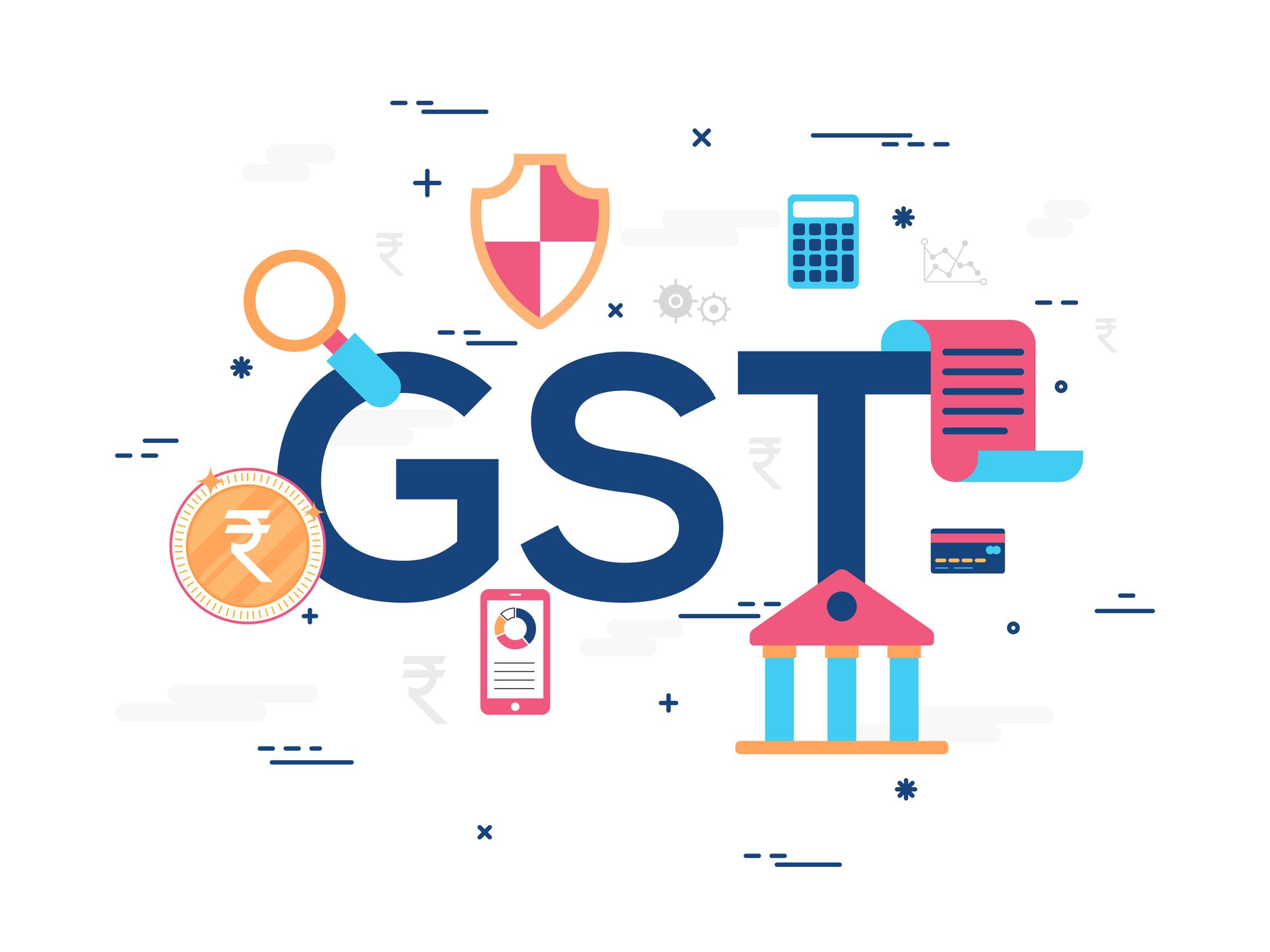Leading Tips for a Smooth Singapore GST Registration Experience
Wiki Article
The Ultimate Guide to Simplifying the GST Enrollment Refine and Requirements for Small Company Owners

Recognizing GST Fundamentals
To comprehend the basics of the Product and Solutions Tax (GST) system, local business proprietors have to initially comprehend its underlying implications and concepts. GST is a value-added tax levied on most goods and solutions for domestic consumption. It intends to simplify the taxation procedure by changing several indirect taxes enforced by the state and main governments. Under the GST program, services are needed to register and accumulate tax obligation in behalf of the government, ensuring openness and conformity.One of the crucial concepts of GST is input tax obligation credit scores, which permits organizations to assert credit report for tax obligations paid on their purchases. Understanding these fundamental principles is vital for tiny business owners to navigate the complexities of the GST system and guarantee conformity with the legislation.
Qualification Standards for Registration
Having developed a fundamental understanding of GST principles, small service proprietors need to currently fulfill particular qualification requirements to wage the enrollment process. In India, entities took part in the supply of products or services with an annual accumulation turn over going beyond Rs. 40 lakhs (Rs. 10 lakhs for unique group states) are called for to sign up for GST. Furthermore, particular businesses such as those associated with inter-state supply of items, informal taxed persons, and those needed to pay tax under the reverse charge system need to register for GST irrespective of their turnover. Organizations that were signed up under the previous tax obligation program (VAT, solution tax, etc) are additionally mandated to sign up under GST. Agricultural organizations that just supply generate out of main manufacturing are excluded from GST registration. It is important for local business owner to meticulously evaluate their qualification based upon these criteria to make certain compliance with the law and prevent any fines for non-compliance.Records Required for GST Registration
.jpg)
Simplified Enrollment Process Actions
Complying with the collection and confirmation of the requisite papers, the registration procedure for GST can be browsed with a series of simplified actions created to assist in reliable compliance for small company proprietors. The initial step includes checking out the GST site and picking the 'New Enrollment' option. Ultimately, the applicant should complete Component A of the GST REG-01 kind with details such as frying pan, mobile number, and email address to get an OTP for verification. Once the OTP is gotten and gone into, a Momentary Referral Number (TRN) is produced for additional process. The next step needs filling in Part B of the type with essential business information, publishing supporting records, and finishing the verification process using DSC or EVC. Upon successful verification, an Application Referral Number (ARN) is released, showing the conclusion of the GST registration procedure. By following these simplified steps, small service proprietors can efficiently register for GST and ensure conformity with tax obligation laws.Tips for Ensuring Conformity
To maintain governing adherence and functional stability, attentive oversight and aggressive procedures are essential in guaranteeing compliance with GST demands for tiny business proprietors. Little service proprietors need to stay updated with GST laws, filing due dates, and any modifications in tax obligation rates to avoid charges and maintain a good standing with tax obligation authorities. One vital suggestion for compliance is to keep detailed and accurate documents of all purchases, including expenditures, receipts, and invoices associated with GST. On a regular basis integrating economic documents with GST returns can aid in recognizing and fixing view it any discrepancies promptly. Additionally, conducting routine interior audits or seeking expert support can make certain that business is following all GST regulations properly. It is also essential for local business owners to invest in GST-compliant bookkeeping software program that can improve the tax declaring procedure and decrease errors. Finally, participating in GST understanding workshops or training programs can boost understanding and conformity with GST guidelines, ultimately profiting business in the future.
Conclusion
In final thought, little organization owners should understand the fundamentals of GST, fulfill the eligibility requirements, gather required documents, and comply with the simplified registration procedure steps to ensure conformity. By simplifying the GST enrollment process and requirements, tiny service proprietors can stay clear of penalties and operate their businesses smoothly within the legal framework - Singapore GST Registration. It is crucial for tiny business owners to stay compliant and informed with GST regulations to keep a successful organization procedureLittle company owners seeking GST enrollment must ensure they gather and send the needed records to finish the registration process successfully. The documents required for GST enrollment normally include proof of organization registration or unification, FRYING PAN (Permanent Account Number) card of the organization identification, address and entity proof of the promoters/partners/directors, pictures, address proof of the like it place of business, bank account statements or canceled cheques, and authorization forms. Going to GST awareness workshops or training programs can enhance understanding and compliance with GST guidelines, ultimately profiting the business in the long run.
By streamlining the GST enrollment process and demands, small company proprietors can avoid charges and operate their companies smoothly within the lawful framework. It is important useful site for tiny business proprietors to stay informed and certified with GST policies to maintain a successful company operation.
Report this wiki page